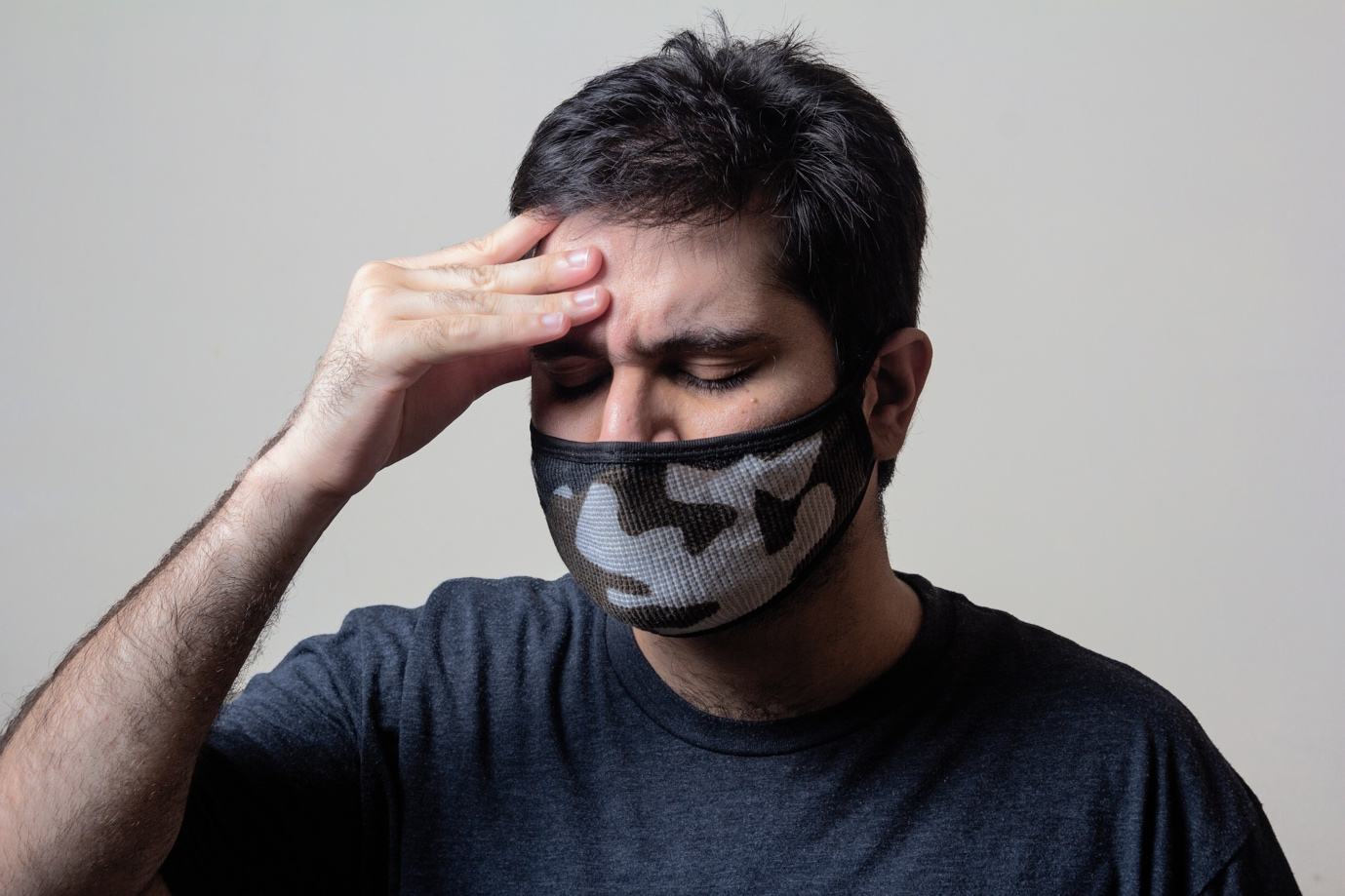Migraines Are Just Bad Headaches — And Other Lies
Many people might tell you a migraine is a bad or severe headache. This is far from the truth. Migraines are a different type of headache. People usually experience migraines on one side of their head, with throbbing or pulsating pain. Migraines can last for days if not treated and affect your daily life.
Let’s take a look at the causes of migraines and how doctors treat it.

What Causes Migraines?
Finding the root cause of your migraine is very important for further treatment. Several external and heredity factors are believed to be responsible for triggering migraines in people. These include:
A shift in Your Sleep Pattern
Migraine headaches are often triggered when you change your sleeping pattern. If you’re waking up earlier than usual, going to sleep late, going to sleep at odd times, or oversleeping and experiencing migraines, your sleeping pattern might be a trigger.
Hormonal Changes
Women with migraines are prone to headaches when estrogen levels fluctuate during menstrual cycles, menopause, pregnancy, etc. Oral contraceptives or any other hormonal drugs can also trigger migraines.
Alcohol and Caffeine
Alcoholic and caffeinated beverages, like wine, beer, coffee, tea, etc., can also trigger migraines.
Stress
Excessive stress and anxiety at home or work can induce migraines.
Sensitivity to Light, Sound, or Smell
People with migraines can get headaches from looking at a bright flash of light, listening to loud sounds, smelling strong scents, etc.

Treatment of Migraines
As per Dr. Hellen Webberly, there’s no cure for migraine. However, the headaches can be managed to avoid the pain and let you go about your day-to-day activities with ease.
Your doctor will diagnose your migraine’s root cause after carefully examining your medical history and your lifestyle. After keeping in mind the triggers, your doctor can:
Prescribe Medication
Your doctor may recommend some medication to help manage headaches or other symptoms. These include pain relievers like ibuprofen, acetaminophen, and naproxen. Some other medications used for migraines include gepants, triptans, and ditans.
Home Remedies
Home remedies can help you reduce migraine headaches and manage symptoms. These include:
- Physiotherapy
- Neck exercises
- Using icepacks
- Resting and sleeping in a calm and dark room
If you’re having migraine headaches and can’t visit a doctor, you can speak to an online doctor for migraine treatment today!
TelMDCare is a telemedicine doctor service. We have a panel of virtual doctors that treat patients online for various problems, including migraines, diabetes, STDs, and more. Reach out to us now for further details, or book your appointment today.